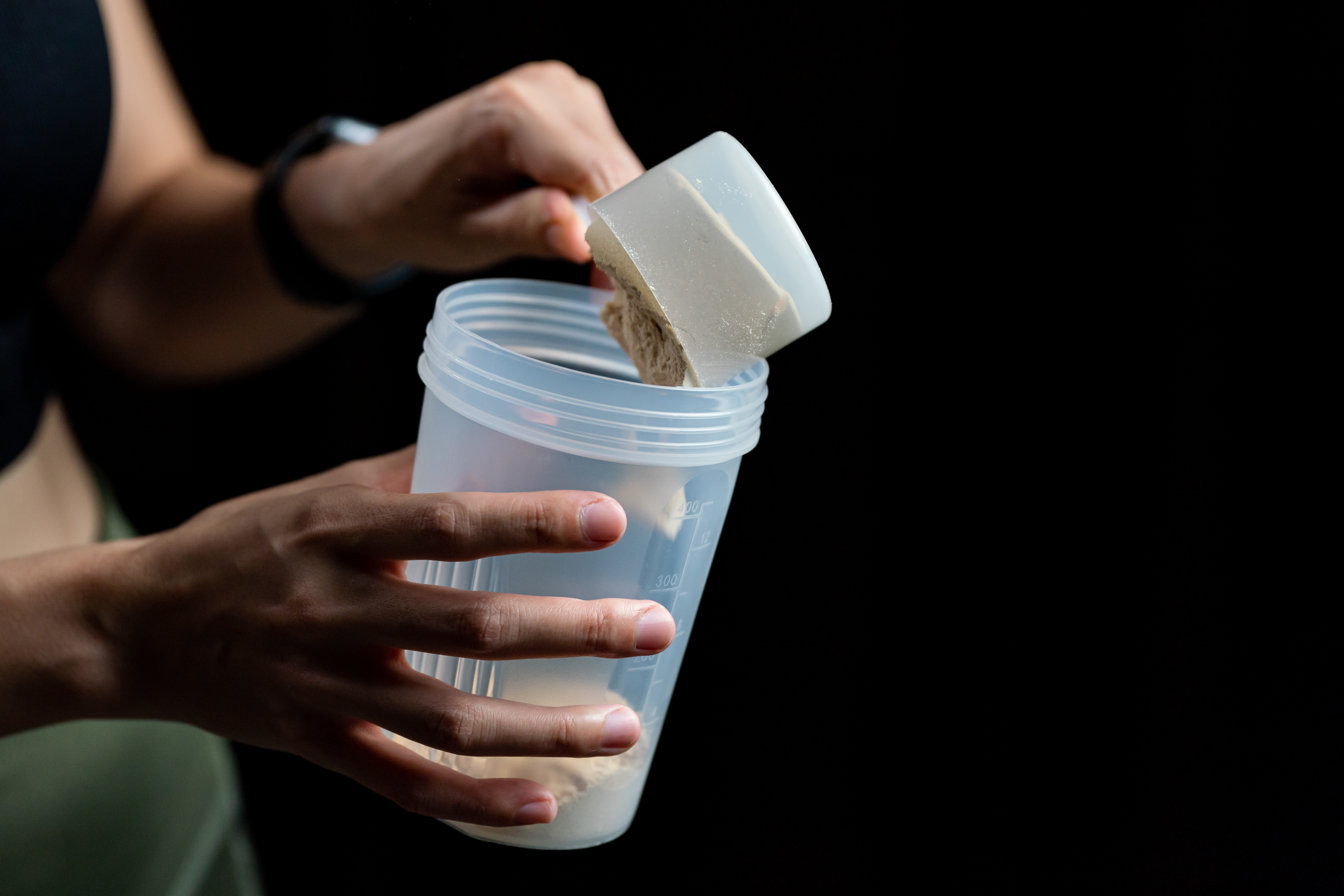
“Studies show that subjects who refrain from any stimulants after 12:00 PM experience better quality sleep.”
Pre-workout supplements are a huge industry. Millions of dollars are spent every year on these supplements in the hopes of gaining an edge in the gym. But, what most people don’t know is how long pre-workouts last. And more importantly, how long should you wait to take your post-workout supplement? In this blog post, we’ll answer those questions and more. So, whether you’re just starting out in the fitness world or you’re a seasoned pro, read on for some valuable information!
Depending on individual differences, the effects of a pre-workout supplement will last on average, 3-6 hours.
When to take pre-workout
Pre-workout is used to give one an extra boost in energy before a workout. How far before the workout it’s taken, is up to the individual and their unique differences. Other factors come into play also, such as how much food they’ve consumed or any tolerance to caffeine.
Most people will find that the 45-minute mark is an effective time to drink a pre-workout.
If you’ve never taken this stimulant before, start with the 45-minute mark, and pay attention to the timing and effects. Some people are more sensitive to stimulants and will feel the effects quicker than others. The opposite is true also, as some may not feel it for more than 45 minutes. Although, this is less common.
Some people drink coffee daily or take caffeine in an alternate form, like energy drinks or tablets. The main stimulant in pre-workouts is caffeine, so tolerance to the drug will lessen the effects of a pre-workout supplement.
How long does it take to kick in?
45 minutes after consuming, is when most people report feeling the full effect.
Those of us who are more sensitive to stimulants are going to feel the effects a lot quicker than those who aren’t. Finding a routine and taking the supplement at the same time every day will help you fine-tune the timing, and you’ll eventually have it timed to right where you want it.
If you work out first thing in the morning, food is one of the key factors to consider. Having food in your stomach will slow the uptake of the pre-workout. If you workout in the morning fasted, that pre-workout is going to hit you a lot faster than if you had eaten breakfast.
How much caffeine is in a pre-workout?
This of course will vary depending on the product you purchase, but most contain 200mg-250mg per serving. How much to take will depend on your body weight and sensitivity to caffeine.
Dr. Eric Trexler says, “Research showing performance benefits tends to provide doses ranging from 3-6 mg/kg”. This comes from a great article on caffeine and caffeine dosages for athletic performance over on strongerbyscience.com
This is a pretty high dose and should be taken seriously. If you’re just hitting the gym for a quick workout, staying on the lower end of this recommendation will be more appropriate and won’t have you wired for the remainder of the day. Coincidentally, a single serving of most pre-workouts will place you around that 3mg/kg mark.
How late is too late to take a pre-workout?
Taking a stimulant in the morning shouldn’t be an issue for anyone because it will wear off long before the day is done. However, taken later in the day, caffeine can disrupt one’s sleep or result in a night of poor quality sleep. And as we know, sleep is one of the most important factors for building muscle.
Studies show that subjects who refrain from any stimulants after 12:00 PM experience better quality sleep. Subjects also report falling asleep easier and feeling less tired in the morning.
If you work out in the evening but still want a pre-workout boost, try taking a smaller dose of caffeine or purchase a stimulant-free pre-workout.

Is it ok to drink pre-workout on an empty stomach?
Many people like to work out fasted, early in the morning. As a result of this, a common question asked is if pre-workout is ok to take on an empty stomach.
The answer is yes, but proceed with caution. Having food in one’s stomach slows the absorption of the stimulants in a pre-workout. If you’re not used to it already, the caffeine will hit harder and faster than you’re used to. This is the only concern with taking pre-workout on an empty stomach.
Should you sip or chug pre-workout?
Assuming you mix a pre-workout powder into your water, you might be wondering if it’s better to dose it all at once or sip away at it.
This comes down to personal preference and sometimes how you want to apply the stimulating effects throughout a workout. Sipping the drink throughout your workout will ensure that you have a steady supply of energy, but you’ll never peak quite as high as you would if you chugged it before the session.
The dose of caffeine can come into play here as well. If you have a larger dose than you are accustomed to, chugging it will probably result in some uncomfortably.
Caffeine pills are commonly used by individuals who don’t purchase pre-workout supplements and taking a pill doses all the caffeine at once, just like chugging a drink. So it’s safe to dose caffeine this way, as long as you know how the dose is going to affect you.
Conclusion
Pre-workouts are nothing to mess around with. In powder form, they are basically ground-up stimulants, mostly made up of caffeine. For this reason, overdosing is a risk. Always be aware of how much caffeine you are about to consume, and be smart about using it. If done intelligently, pre-workouts can be the difference between a killer workout and a bad one. Timing the dose is important, as most people report feeling the effects up to 6 hours after consuming. This means any caffeine in the evening will most likely negatively affect one’s sleep.
Thank you for making it to the end of the article, I appreciate you taking the time to read this. If you want to support me or support the website, consider sharing this post or telling your friends about us.
